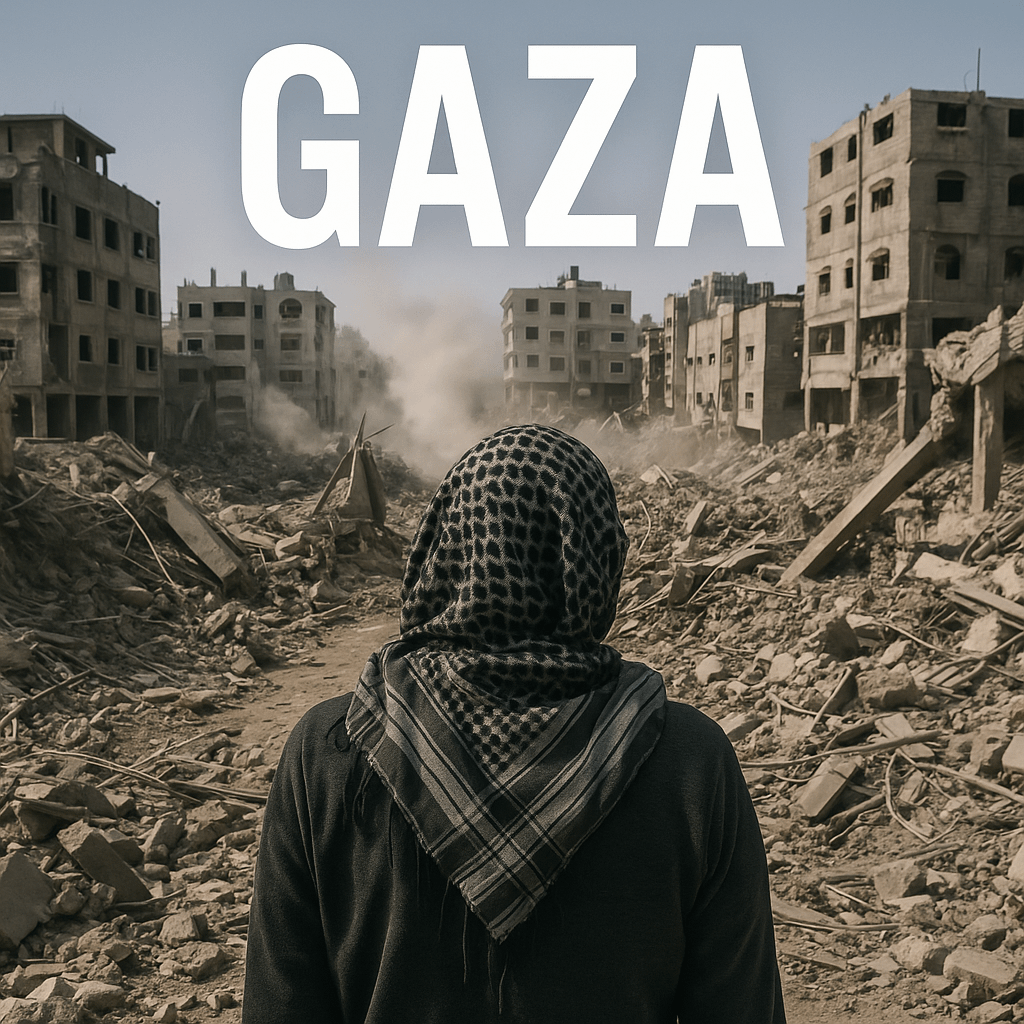Since the escalation of hostilities in October 2023, the Gaza Strip has been engulfed in a profound humanitarian crisis. As of May 2025, the situation has deteriorated significantly, with widespread famine, infrastructural collapse, and mounting civilian casualties. This article examines the current conditions in Gaza, the human rights violations reported, and the international community’s response.
Humanitarian Crisis and Famine
In March 2025, Israel imposed a total blockade on Gaza, halting the entry of food, medicine, and fuel. This blockade has led to a catastrophic humanitarian situation. Food prices have soared by up to 1,400%, and essential items like flour and cooking oil have become scarce. The World Food Programme (WFP) reported that by the end of April, its food supplies in Gaza were depleted, leaving many without access to basic nutrition.
The blockade has resulted in acute malnutrition, especially among children. By late April, over 65,000 cases of acute malnutrition in children were reported. The United Nations has warned that without immediate intervention, famine-like conditions will spread throughout the region.
Attacks on Healthcare and Aid Workers
The healthcare system in Gaza has been severely impacted. On March 23, 2025, Israeli forces attacked several humanitarian vehicles in Rafah, resulting in the deaths of 15 aid workers, including members of the Palestine Red Crescent Society and UN staff. The International Federation of Red Cross and Red Crescent Societies condemned the attacks as the deadliest for its workers in nearly a decade.
Hospitals and clinics have been overwhelmed with casualties, and the blockade has prevented the entry of essential medical supplies. The World Health Organization has expressed concern over the inability to provide adequate healthcare, warning that the situation puts millions of lives at risk.
Allegations of War Crimes and Human Rights Violations
Numerous reports have emerged alleging war crimes and human rights violations. The Independent International Commission of Inquiry on the Occupied Palestinian Territory has accused Israeli forces of using starvation as a method of warfare, targeting civilians, and committing acts of sexual and gender-based violence.
Testimonies from former detainees describe instances of torture and sexual abuse while in Israeli custody. A nurse detained in November 2023 recounted being subjected to beatings and threats of rape during interrogation. Such accounts have raised serious concerns about the treatment of Palestinian detainees.
International Response
The international community has expressed alarm over the situation in Gaza. The United Nations and various humanitarian organizations have condemned the blockade and called for unimpeded access to aid. However, efforts to resume aid deliveries have faced challenges. A proposed Israeli-U.S. initiative to deliver aid through alternative channels was rejected by the UN and aid groups, who argued that it violated humanitarian principles and failed to meet the needs of Gaza’s population.
Legal actions are underway to address alleged violations. The International Criminal Court is investigating potential war crimes committed during the conflict, and the International Court of Justice has been approached to examine the legality of the blockade.
Conclusion
The humanitarian crisis in Gaza represents a significant human rights emergency. The blockade, coupled with ongoing military operations, has led to widespread suffering and the collapse of essential services. Immediate international action is required to alleviate the crisis, ensure the delivery of humanitarian aid, and hold accountable those responsible for violations of international law.

